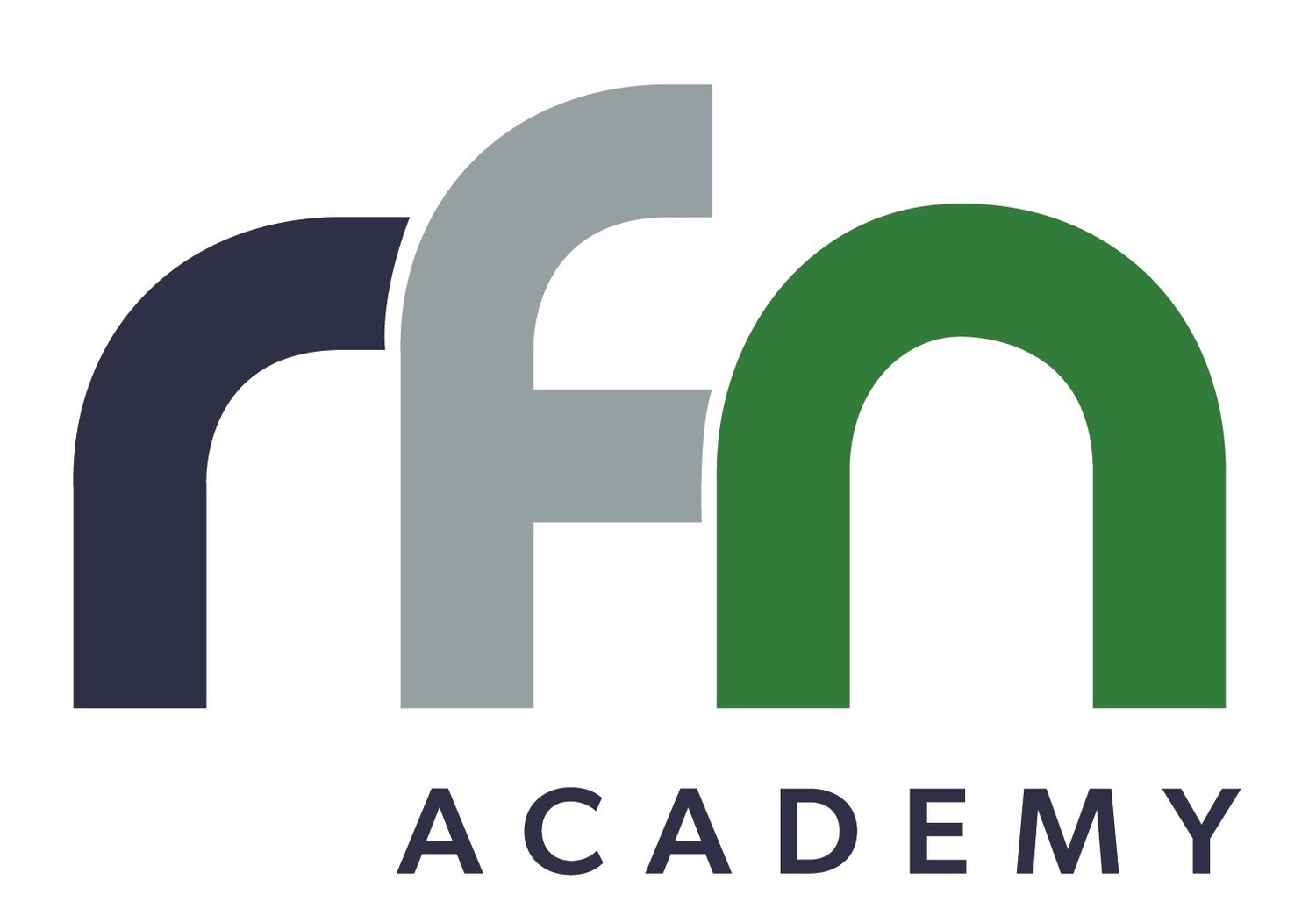
resources
Find what you are looking for:
resources by topic
The Strategic Imperative: Encouraging Business Owners to View Their Ventures Through Investor Eyes
This article highlights the pivotal role of advisors in guiding business owners’ ventures and encourages them to advocate for entrepreneurs to adopt an investor-centric perspective. By encouraging business owners to view their ventures through the eyes of outside investors, advisors facilitate objectivity, long-term value creation and the identification of strengths and weaknesses. Access to capital (if desired), strategic alignment and accountability are also benefits, ultimately positioning businesses for sustained growth and resilience. Ready for Next's “See Your Business Through the Eyes of an Investor” assessment tool is a practical step for owners to gain insights into their ventures' investor appeal, underscoring the advisor's role in helping an owner succeed.
All the world’s a stage but that doesn’t mean people want a performance
Performative allyship is especially insidious because it can be incredibly difficult to identify and address. The kind of workplace engaged in this performance is almost certainly seeing high rates of attrition from underrepresented employees who feel powerless to do anything about the unfair and unequal treatment they experience. Learn about the difference between good and bad allyship, why your people care and why you should too.
A Conversation with Kyle Madden and Sean Hutchinson
Listen to Sean Hutchinson interview private equity investor Kyle Madden of KLH Capital LP. We find out what a private equity firm looks for in a business, what could potentially be a deal breaker and tackle two myths about private equity.
Is your business increasing your risk of heart disease?
Experts emphasize the importance of living a “heart-heathy” lifestyle – regular exercise, good diet and stress-management practices – to reduce our risk of heart disease. The same basic idea applies to a business. One of the three ways to increase the value or “health” of a company is to reduce risk. This just so happens to come with the added benefit of reducing business owner stress in the long run.
how will you navigate the year ahead?
Whether you’re a diehard fan of new year’s resolutions or you’d prefer to ditch the resolutions in favor of something less rigid, there is something to be said about the power of strategic planning, specifically the act of setting goals, at the beginning of a new year. Much like wayfinding, goals are the signposts helping us navigate through uncharted or difficult territory. They’re how we can step back and take stock of our progress and determine what remains to be done.
the link between psychological safety and business culture
What if at your last innovation or strategy session the million dollar idea wasn’t said out loud? People are less likely to speak up and share their ideas if the environment doesn’t promote psychological safety.
how do I know if I have a value gap?
A value gap is the difference between what your business is worth and what you will need to fund the next phase in your life. Understanding if you have one and what steps you can take to close or bridge the gap are important. How do I know if I have a value gap? If you are a business owner, the answer to this question is important to you. We are here to help.
how do I build a leadership team and a culture of value creation?
If you have committed to building value in your business you need help. It is important to have people on your team and leadership in your business who are willing and able to support this endeavor.
How do I build a leadership team and a culture of value creation? If you are a business owner, the answer to this question is important to you.
managing your cashflow
Our next session focuses on cost restructuring facilitated by Sean Hutchinson, RFN Global featuring speakers Cindy Reid-Shelton, RFN Global and Julie Keyes, Keyes Strategies will discuss how to analyze and improve cash flows and explore opportunities to strategically restructure costs in this rapidly changing environment.
Regardless of the industry, an organization’s culture and its employees can hinder cash management. It is important operational efficiencies, risk assessments and proper forecasting are evaluated as you accelerate out of this economic crisis.
Learning Objectives:
1. Explore operational efficiencies
2. Learn how financial forecasting can assist in taking control of cash flow
3. Discover the elusive balance of cutting costs and investing to take advantage of the crisis
4. Learn how to manage cash flows to become lean, mean and acceleration ready



































